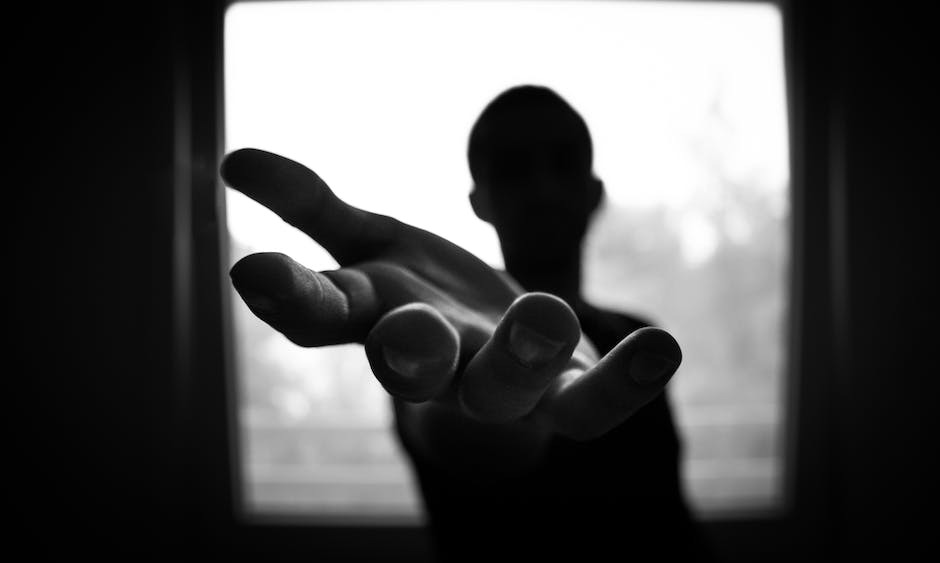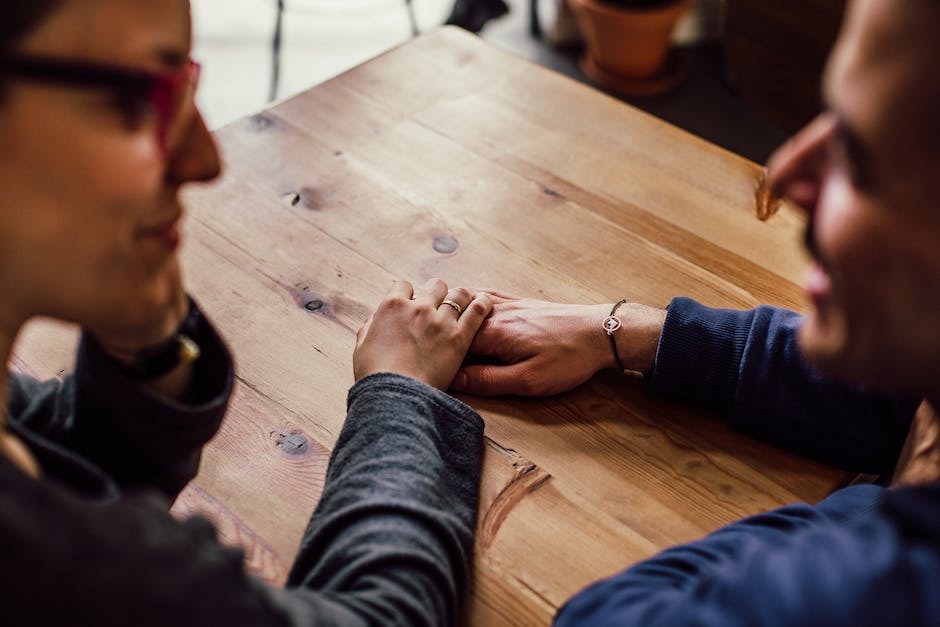Addiction is a complex issue. In many cases, successful recovery doesn’t just require that you stop using the addictive substance. You will also need to change your habits. After leaving an addiction treatment center, you can build a new life most successfully by breaking old habits and building new ones. The skills you learn in treatment can act as a foundation for positive change in your life, allowing you to identify bad habits, avoid triggers, and start building good habits that support your sobriety. While the process of change has many challenges, it is well worth the effort. You can gradually break your bad habits and build a fulfilling sober life.
Building a New Life After Leaving an Addiction Treatment Center
After leaving an addiction treatment center, your life will need to be different. Your actions and habits that you do regularly play an important role in your sobriety. For example, certain habits are more likely to increase your risk of relapse while others support your recovery as a whole. There is some variation in these habits, and you must learn to identify those that are helpful and harmful to your recovery.
When considering your habits, it is first important to understand what a habit is. A habit is a routine. When first learning habits, also called habit learning, you learn to respond to certain stimuli with specific actions. Take, for example, the habit of brushing your teeth. You have likely always brushed your teeth right before bed. However, when you first learned this habit, you may have needed to be reminded. Over time, you learned the association between bedtime and brushing your teeth. You made an association with the stimuli (bedtime) and the habit (brushing).
This is important when considering how to build habits that can help you to remain sober after treatment. When you learn to identify bad habits, avoid triggers, and learn new habits, you can build new automatic behaviors that support you and your journey of recovery.
Identifying Bad Habits
A “bad habit” in recovery is a habit that increases your chance of relapse. Your bad habits will be unique to you. However, they often include neglecting self-care, overworking, lying, or spending time with certain social groups. These habits can put you at more risk of using drugs or alcohol again.
Identifying your bad habits is the first step in making a change. When you understand what habits are more likely to put you at risk, you can practice stopping these behaviors. According to the Indian Journal of Psychiatry, when you identify and discontinue a habit, you build confidence in your ability to make a change. This is called self-efficacy. Greater self-efficacy helps decrease your risk of relapse.
Avoiding Triggers
While certain habits play a role in your risk of relapse, triggers are also important to consider. A trigger can be a place, person, time, or situation that makes you feel the desire to use drugs or alcohol again. When you consciously build new habits and routines, this can help you to avoid triggering situations or decrease your likelihood of encountering them.
When considering what habits will help you to heal, it is helpful to have a firm understanding of your triggers. For example, if you know that stress is a trigger for you, you may want to improve stress-managing habits and change your daily routine to provide stress breaks. Avoiding triggers is especially important when you are freshly out of treatment.
Learning New Habits
Once you’ve identified your bad habits and your triggers, the next step is to build new habits that are productive and reinforce a healthy and satisfying life. Building habits in the area of self-care, stress management, and healthy relationships are all important in recovery. This may include building new health-related habits into your routine such as getting sufficient sleep, proper nutrition, and exercise.
Learning new habits takes time. The Centers for Disease Control and Prevention (CDC) explains that three elements can help you to build a new habit. These include making a plan, being accountable, and recognizing your success.
When you make a plan, it needs to be specific and directed to meet your goals. However, it also needs to be attainable for you now. It shouldn’t be something that you may or may not be able to do. Additionally, having a support network to keep you accountable is also important. Finally, looking back and seeing your success will help you to carry on and feel capable of building and improving your habits in the future.
Learning Foundational Skills From an Addiction Treatment Center
Breaking old habits and building new ones takes courage, time, and a strong foundation of life skills. Fortunately, within treatment, you can learn these skills and build your confidence to make the necessary changes. Your treatment will be unique to you, helping to address your own particular challenges, identify your underlying triggers, and begin to heal fully.
When you go to an addiction treatment center, you will gain many productive habits, including self-awareness, emotional regulation, communication, and more. These habits will act as a foundation when you work on breaking old habits and building new ones. While you might be doubtful now, the truth is that with the right support, you can learn to break your old habits and build a new and sober life.
In many cases, addiction is created by an assortment of bad habits. As a result, it is important to break these habits after treatment. This includes learning how to identify bad habits, avoid triggers, and start new good habits. At Buena Vista Recovery, we help you to identify your bad habits and build confidence to help you make changes when you return home. If you are struggling with addiction and are unsure whether you can change, we can help. Our treatment program is designed to give you the necessary skills to break your bad habits and build a new and sober life successfully. To learn more, call us today at (480) 741-9414.




